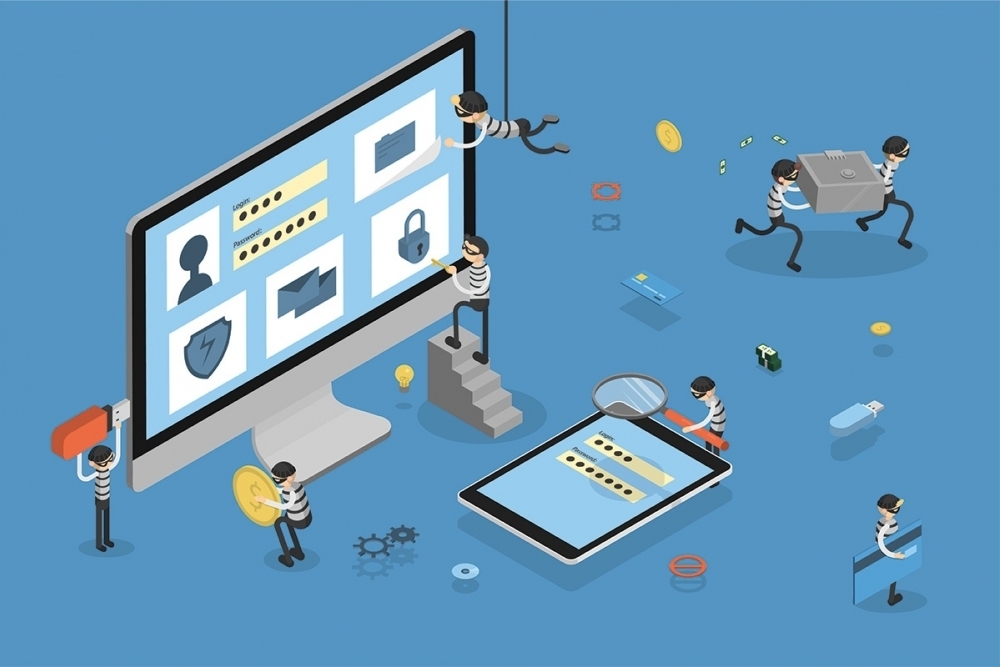Protecting your identity online is crucial in today’s digital age, where personal information is constantly at risk of being exposed or stolen. One effective way to safeguard your identity is by using strong, unique passwords for each of your online accounts. Avoid using easily guessable passwords such as “password123” or your birthdate. Instead, create complex passwords that include a mix of letters, numbers, and special characters. Additionally, consider using a password manager to securely store and manage your passwords, ensuring that you can use unique credentials for each site without the risk of forgetting them.

Enabling two-factor authentication (2FA) on your accounts adds an extra layer of security beyond just your password. With 2FA, even if someone manages to obtain your password, they would still need access to your secondary authentication method, such as a text message code, authentication app, or biometric verification. This significantly reduces the likelihood of unauthorized access to your accounts. Many online services, including email providers, social media platforms, and financial institutions, offer 2FA as an option, and it’s wise to take advantage of this feature wherever available.
Another key aspect of protecting your identity online is being cautious about the information you share publicly. Be mindful of the details you post on social media and other public forums. Personal information such as your full name, address, phone number, and even your workplace can be used by malicious actors to steal your identity or conduct phishing attacks. Adjust your privacy settings to limit who can see your information and posts. Regularly review these settings to ensure they align with your desired level of privacy.
Regularly monitoring your online accounts for any suspicious activity can help you catch potential breaches early. Many services provide notifications for unusual login attempts or changes to your account information. Setting up these alerts can give you immediate awareness of any unauthorized access. Additionally, frequently checking your financial statements and credit reports can help you spot any discrepancies that might indicate identity theft. If you notice anything suspicious, report it to the relevant institution immediately and take steps to secure your accounts.
Lastly, using a Virtual Private Network (VPN) can enhance your online privacy and security. A VPN encrypts your internet connection, making it more difficult for hackers and third parties to intercept your data. This is particularly important when using public Wi-Fi networks, which are often less secure and more vulnerable to attacks. By masking your IP address and encrypting your internet traffic, a VPN provides a secure browsing experience, protecting your personal information from being accessed by unauthorized individuals.

